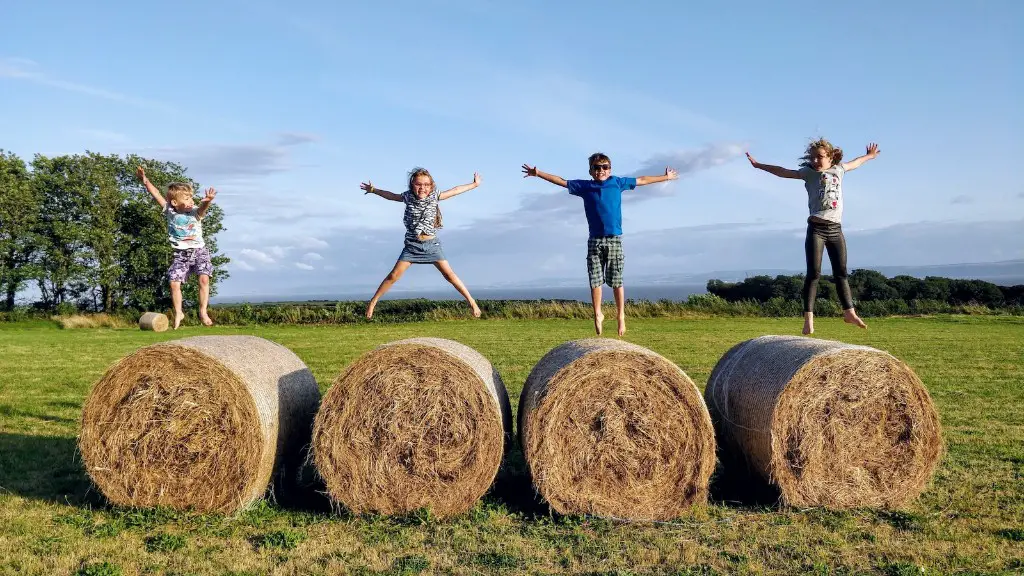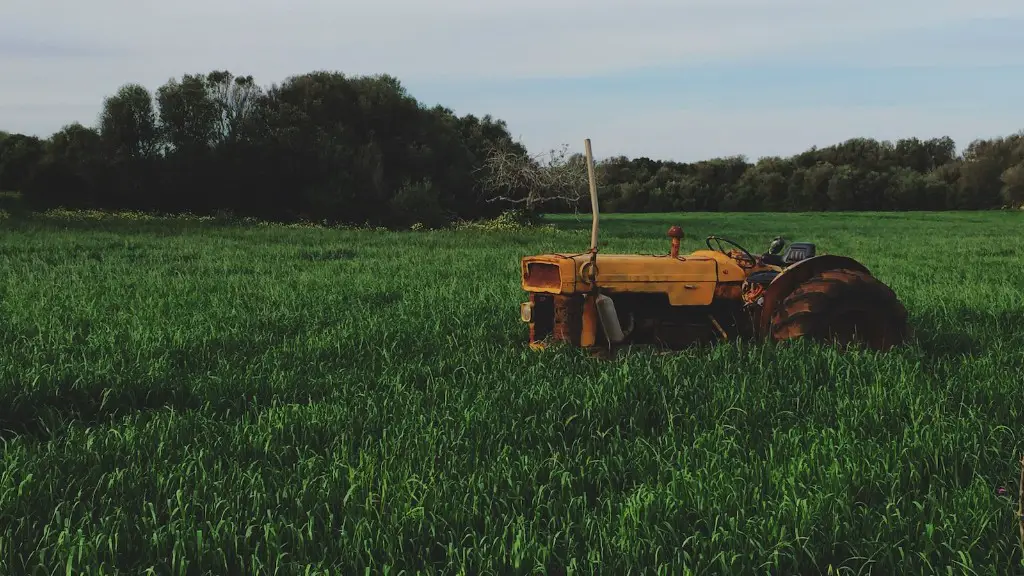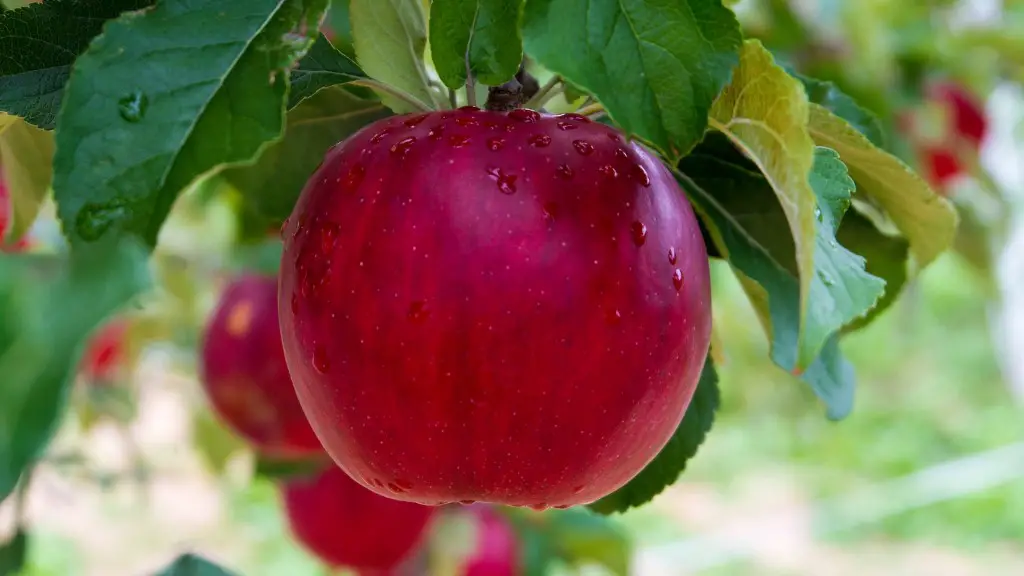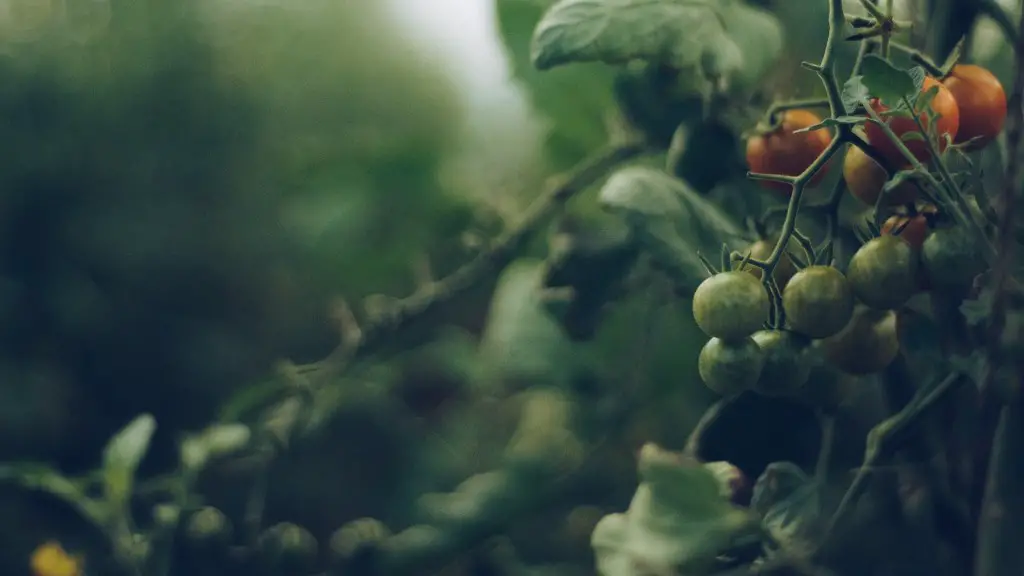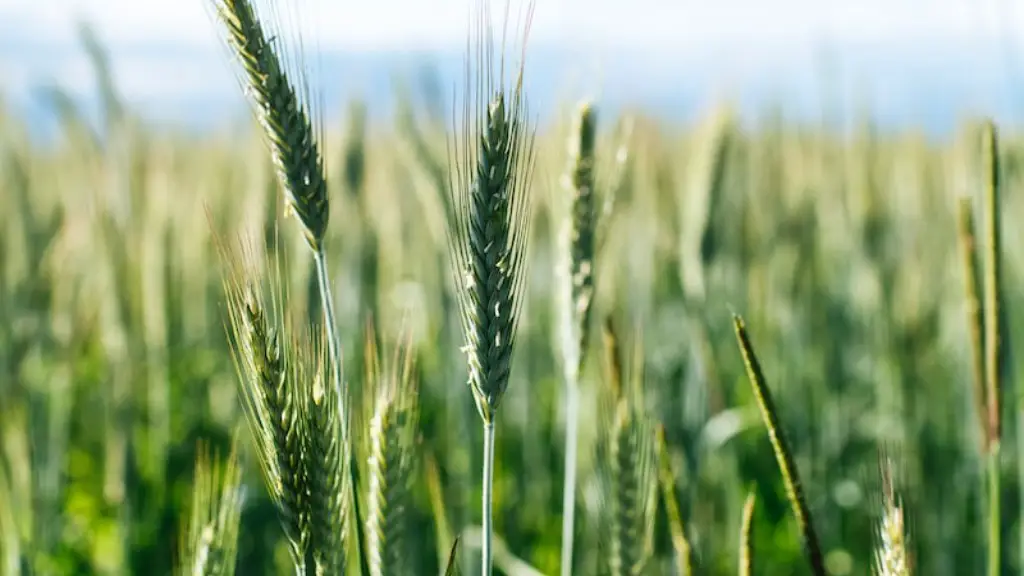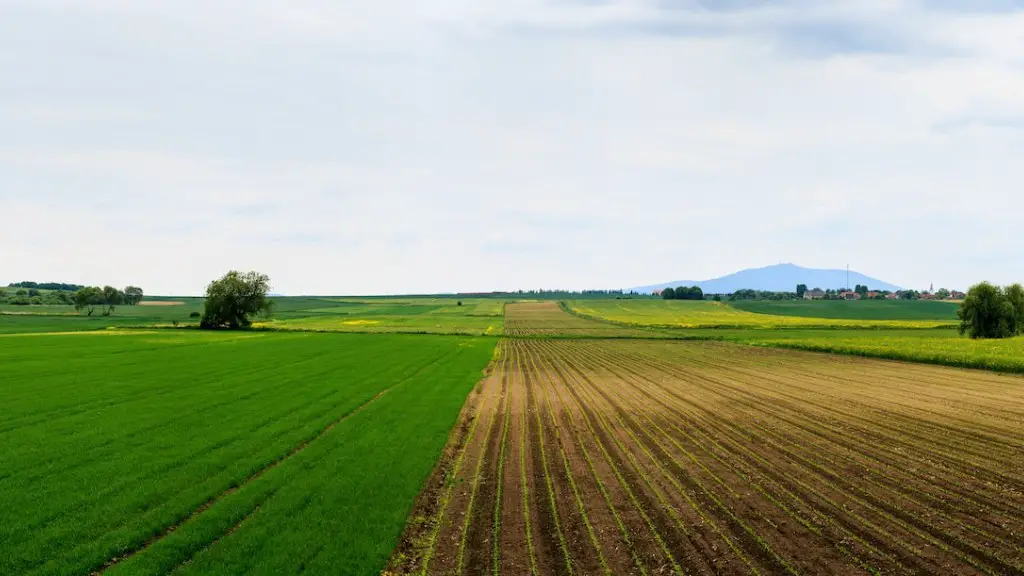In recent years, social media has had a profound impact on nearly every industry, and agriculture is no exception. Social media platforms like Twitter, Facebook, and Instagram have given farmers and ranchers a way to connect with each other and share information in real-time. Additionally, these platforms have allowed consumers to become more engaged with the food system and learn about where their food comes from.
While social media has had many positive impacts on agriculture, there are also some potential downside. For example, the 24/7 nature of social media can make it difficult for farmers to take a break from work and can lead to burnout. Additionally, the dissemination of inaccurate information on social media can pose a serious threat to the agricultural industry.
The use of social media in agriculture has had a positive effect on the industry as a whole. Social media has helped to connect farmers and agricultural businesses with consumers, and has also helped to promote and sell products and services. In addition, social media has helped to educate consumers about agriculture and has provided a forum for discussion about the industry.
This is a good thing because it means that farmers are becoming more and more aware of the importance of using technology and scientific methods to improve their yields and protect their crops. However, it also means that there is a growing need for agricultural extension services that can provide this kind of information to farmers in a way that is accessible and relevant to them.
Social media can be a powerful tool for farmers, enabling them to connect with other farmers, agribusinesses and customers in a transparent, engaging and authentic way. This can reduce social isolation for farmers and help them build trust and confidence in the supply chain.
There is a large body of research that demonstrates that household-level motivations, cultural and social values, and socialization have a primary influence on farm structure, management, and adaptation. This research has shown that race, ethnicity, and gender play a significant role in these factors and how they influence farm operations.
The use of social media has had a significant impact in how agriculturists get their information and how they communicate with consumers. Social media provides agriculturalists free and practically instantaneous channels through which to engage with their audience members. This has led to a more open and direct dialogue between agriculturalists and consumers, which has been beneficial for both parties.
What is the role of media in agriculture?
The purpose of this project is to keep local farmers informed about the daily market rates, weather reports and day to day information in their respective areas at the micro level. This will help them to make better decisions about their crops and businesses.
Agriculture is the mainstay of many developing economies and the factors influencing it are of great importance. Climate, soil type, irrigation, technology, and population density are all major factors that can impact agricultural productivity.
Climate change is a major concern for farmers as it can impact crop yields and the timing of planting and harvest. Soil type is also a critical factor, as different crops require different types of soil in order to thrive. Irrigation is another key factor, as adequate water is necessary for crops to grow. Technology also plays a role in agriculture, as new advances in technology can help farmers to be more productive. Finally, population density is also a factor, as a higher population density can lead to more demand for food, and thus, higher prices for agricultural products.
It’s great to see farmers using social media to share knowledge and innovative practices. This helps to spread information quickly and easily, and can also help connect farmers with others who may be able to help them out. The most prominent social media platforms for agricultural marketing are Facebook, YouTube, WhatsApp, Twitter, and LinkedIn.
Facebook is by far the most popular social media among farmers in the United States. The study conducted earlier this year shows that Facebook is used by farmers more than any other social media platform, followed by Twitter, LinkedIn, Pinterest, Instagram, Flickr, and Periscope. This is largely due to the fact that younger farmers are more likely to use social media than older farmers.
What are the benefits of digital agriculture
Digital agriculture has revolutionized the agricultural sector by making it more productive and efficient. It has helped in curbing soil degradation, reducing chemical applications, and promoting effective water use. Additionally, it has helped to improve the socio-economic status of farmers and reduce environmental and ecological impacts.
The three social factors that influence agriculture are the culture of a people, the interaction between people, and the economic situation of a people.
What are three major issues in agriculture today?
Environmental conditions are a major factor in agricultural productivity. Farmers must contend with soil quality, water quality, climate, and terrain when growing crops. Poor conditions in any of these areas can lead to lower profits and productivity.
Soil is one of the most important factors in agricultural development. The soil must have sufficient depth and nutrients in order to support crop growth. The climate is also a key factor in agricultural production. Sunshine, humidity, and rainfall are all important factors that can impact crop yields.
What part can the media play in agriculture
Media plays a vital role in informing farmers about current developments and urgent situations. It provides key values of communication such as peer-to-peer networking, farmer-industry networking, consumer engagement, and crisis communication. These values are essential for the success of the agricultural industry.
Face book, YouTube and WhatsApp are social media platforms that are heavily used by farmers to get information. Face book is the most likely social media for pages and profiles. YouTube videos are most popular for information getting with applications. WhatsApp is the handy use of social media and mostly preferred for related groups.
What are 3 challenges facing agriculture in the future?
There is an air of uncertainty over three primary issues facing farmers and livestock producers across the country: agricultural trade, tax reform and the new farm bill. All three issues are critical to the success of the agricultural industry, and it is important that farmers and producers are able to navigate these challenges in order to ensure the continued success of their businesses.
IoT devices are becoming increasingly popular on farms as they offer a convenient way to measure various data points and provide farmers with real-time information. Some of the most popular uses for IoT devices on farms include monitoring soil moisture, chemical application, dam levels and livestock health. Additionally, IoT devices can also be used to monitor fences, vehicles and weather conditions.
Warp Up
Social media platforms have created new opportunities for farmers and agriculture businesses to connect with customers and build relationships. Social media can be used to share information about products and services, post updates and special offers, and connect with customers and followers who are interested in supporting local agriculture. In addition to promoting individual businesses, social media can also be used to raise awareness about important issues affecting the agriculture industry, such as sustainability and food security.
Social media affects agriculture by connecting farmers to consumers and to other farmers who can share information and resources. Social media can also be used to market and sell farm products directly to consumers.
